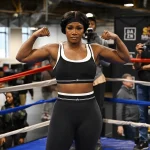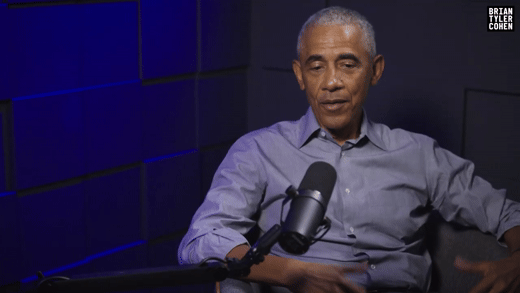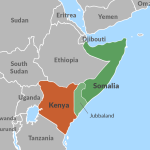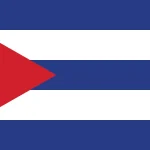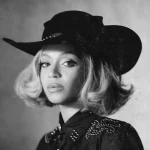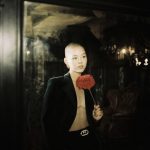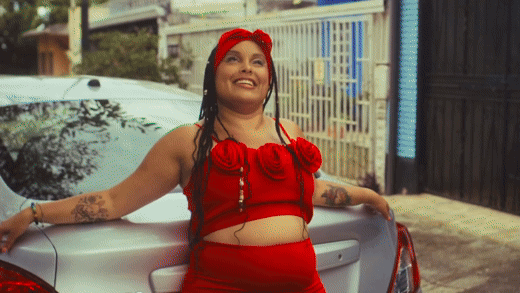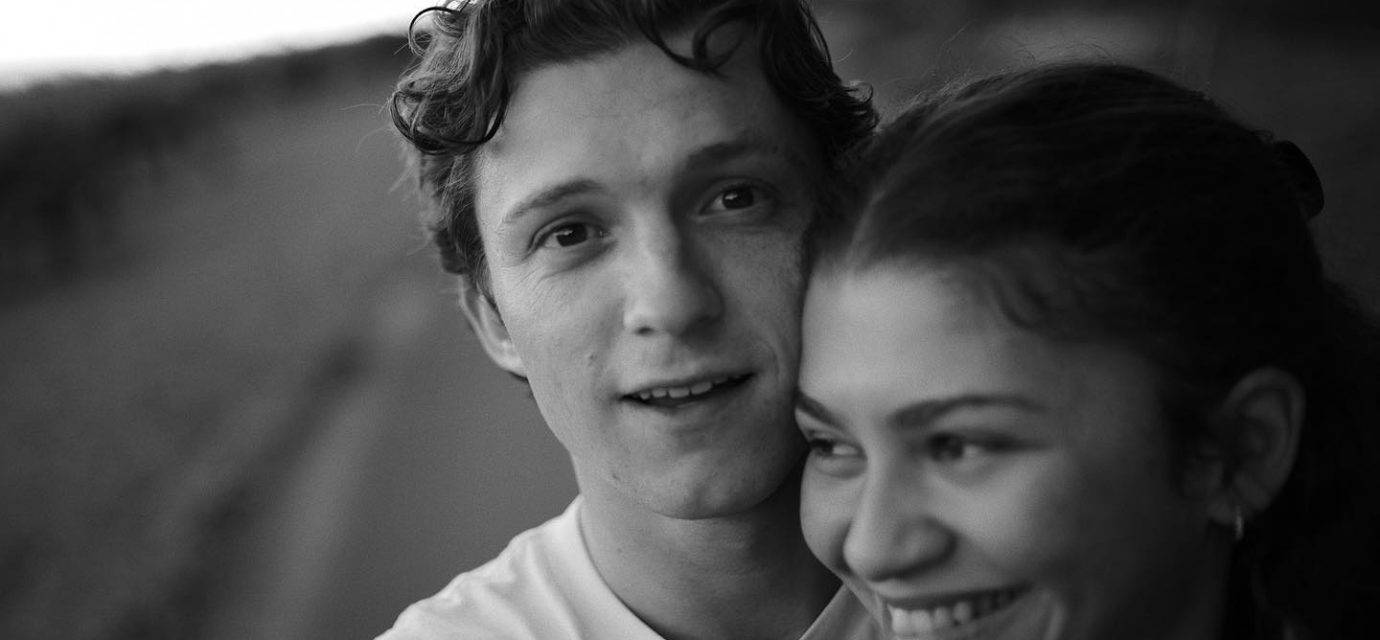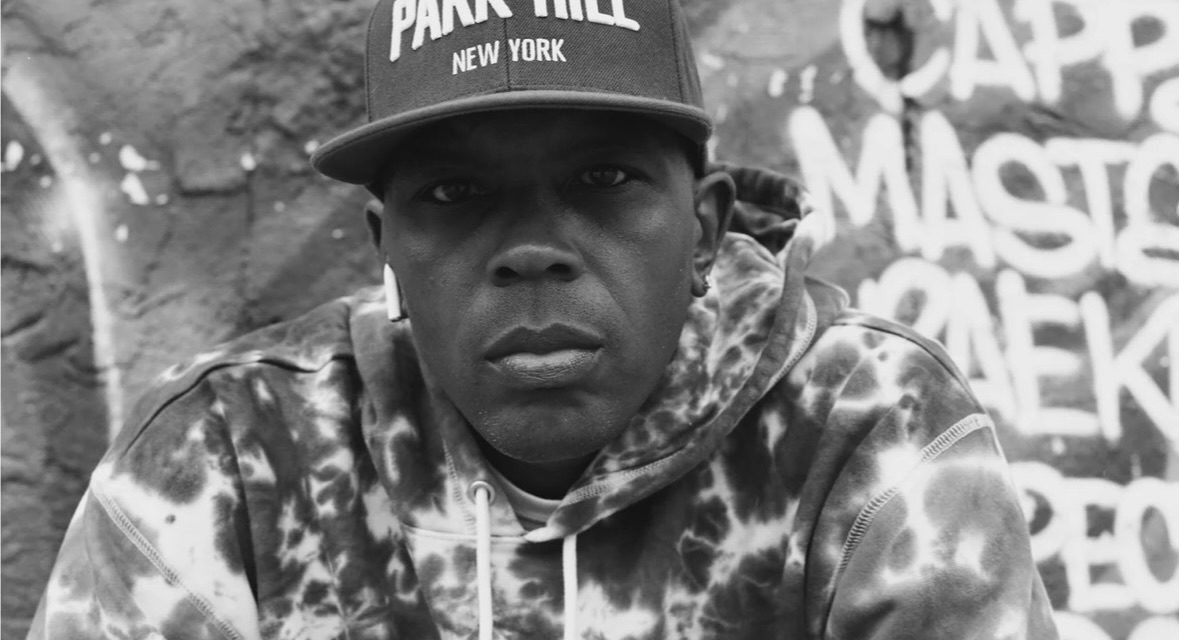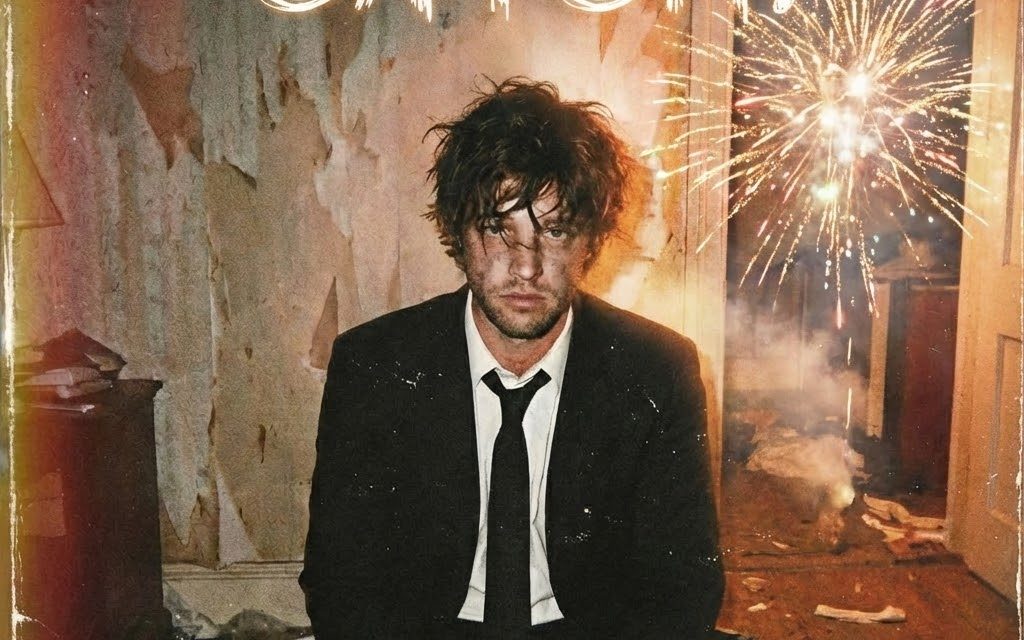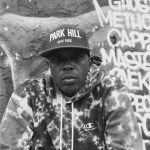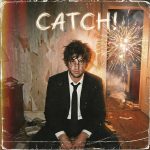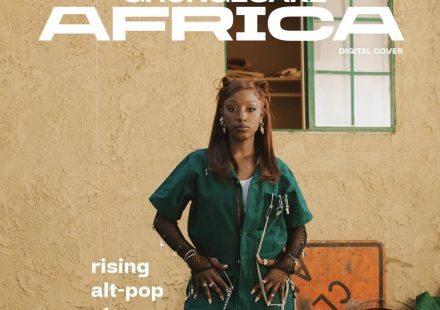Ethiopian-Sudanese rising star Alemeda covers GRUNGECAKE AFRICA, celebrates signing with Warner Records and TDE
Alemeda's story exemplifies resilience and highlights the complexities of representation and genre classification in today’s music landscape.
Ethiopian-Sudanese rising star Alemeda covers GRUNGECAKE AFRICA, celebrates signing with Warner Records and TDE
Alemeda's story exemplifies resilience and highlights the complexities of representation and genre classification in today’s music landscape.
Ethiopian-American rising star Alemeda announces new single ‘I Hate Your Face’
The highly-anticipated record 'I Hate Your Face' will be released on August 30. Come back here to watch it when it is out.
Watch Ethiopian-American artist Alemeda punish her boyfriend for cheating in ‘Don’t Call Me’
To her surprise, she saw her boyfriend with another woman.
Watch Ethiopian-American artist Alemeda’s video ‘Ur So Full of It’
Like you, her famous fan Yara Shahidi might be watching right now.


